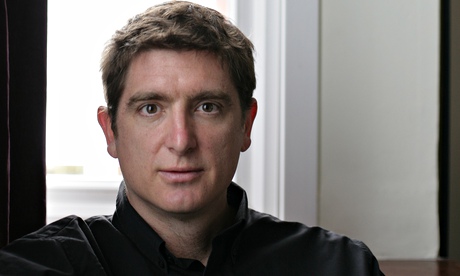
Marcel Theroux's loopy and engaging metaphysical thriller opens arrestingly. A woman is visited by a complete stranger who claims to be her former boyfriend, English lecturer and Samuel Johnson expert Nicholas Slopen, but bears little or no resemblance to him. A further twist is that Slopen was thought to have died in an accident recently, but before this can be investigated, the neo-Slopen also expires, leaving his life story concealed on a memory stick. And what a life story it is.
The opening third or so offers engaging literary detective thrills, along the lines of AS Byatt's Possession or Arturo Pérez-Reverte's The Dumas Club, as the penurious Slopen is hired by the music magnate Hunter Gould to authenticate a potential purchase of some previously unknown letters by Dr Johnson, which appear to provide new and enthralling insights into the writer's fragile mental health and give Slopen's forthcoming volume of Johnson's correspondence a much-needed shot in the arm.
However, all is not what it seems, and the involvement of a mysterious Russian woman, Vera, and her savant brother Jack, who seems only to communicate in the style of an 18th-century writer, serves to deepen the waters the increasingly desperate Slopen finds himself in. Further hints at his lack of stability come in the occasional chapter inserts that make it clear that he is writing his account from inside a mental hospital, where his attempts to prove that he is who he says he is are falling on deaf ears.
Theroux deserves credit for transforming the narrative from an everyday novel of highbrow London life, complete with thinly disguised cameos by various media world worthies (is that the late Sebastian Horsley as the artist and writer Pascal Sheldon?), into a baroque fantasy of identity and madness that nods at everything from Hamlet to Frankenstein, with hints of Caryl Churchill's A Number and Russian utopian science fiction along the way. If some of the plot developments occasionally feel contrived to fit in with his grand scheme – this is very much a book in which villains are both omniscient and forever present – then it barely matters, such is the visionary glee with which Theroux creates a world in which man's identity is no longer restricted to physical form, but instead is as mutable as shifting a song between music devices. It resolves itself into a chilling and thrilling parable for our times.

